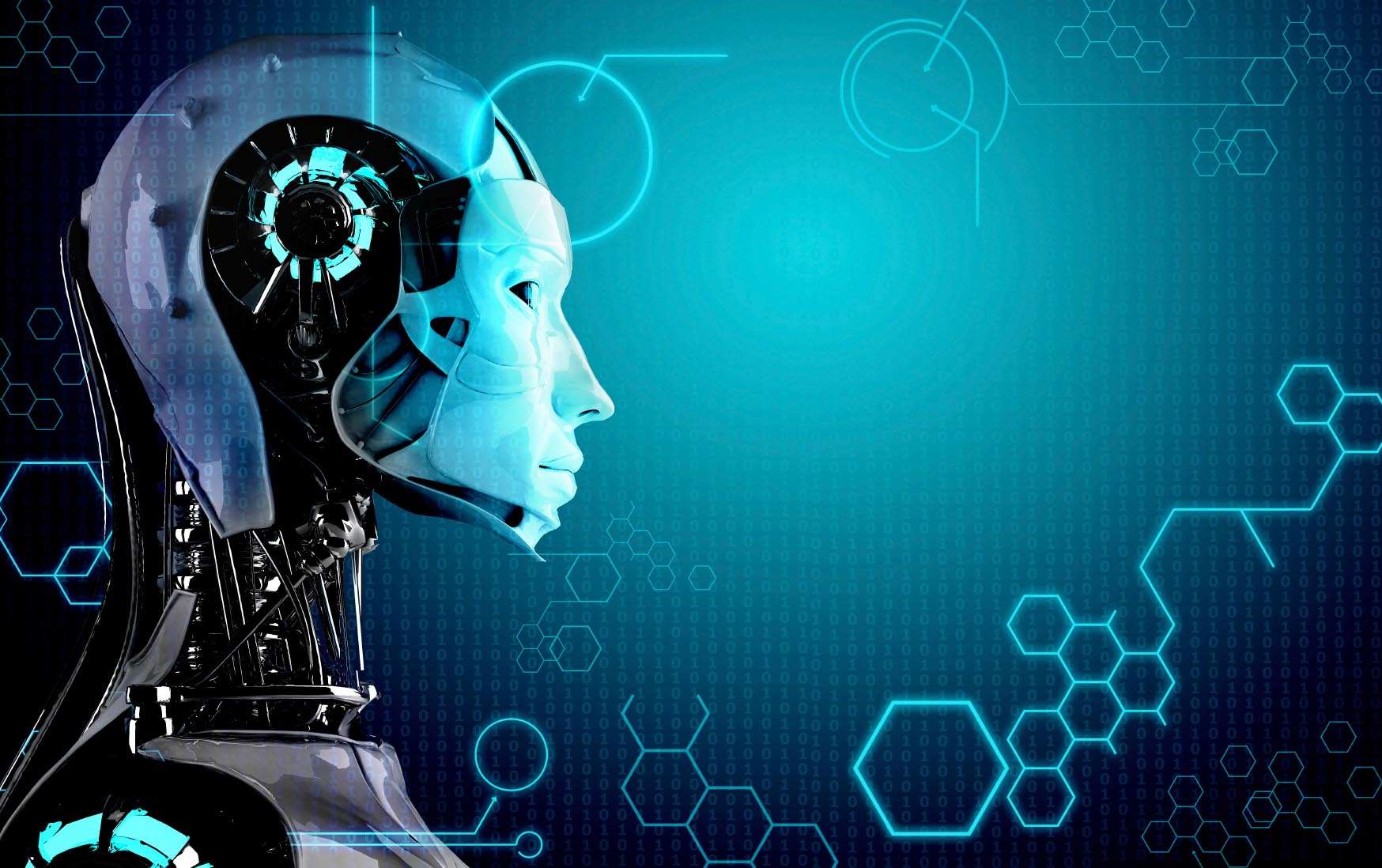Five of the world’s biggest tech companies – Amazon, Facebook, Google, IBM and Microsoft – have created an open research initiative to allay people’s fears of artificial intelligence (AI).
The Partnership on AI is a non-profit organisation that will rely on the contribution of staff and finances from its founding members.
It will conduct and publish research under an open license “in areas such as ethics, fairness and inclusivity; transparency, privacy, and interoperability; collaboration between people and AI systems; and the trustworthiness, reliability and robustness of the technology.”
The organisation will also recommend best practices for those building AI systems, though it made it clear that it “does not intend to lobby government or other policymaking bodies.”
Google’s participation is through its acquired DeepMind business, and its co-founder and head of applied AI, Mustafa Suleyman, said the partnership was about “breaking down barriers between AI teams across leading companies to address some of the really difficult questions that are arising within the field.”
“We also want to make it easier for those in other fields to understand, assess and engage with our scientific breakthroughs and consider the broader social and ethical impacts of our applications,” Suleyman said.
“We believe that AI has the potential for transformative, positive impact in the world. Fulfilling this potential is not only dependent on the quality of the algorithms being engineered and the data they use, but on the level of public engagement, transparency, and ethical discussion that takes place around them.
“It’s precisely because AI has the potential to have such a major positive impact on the world that we believe it’s critical that we build new models of open collaboration and accountability around it.”
The ethical and social implications of growing development and funding for AI projects has been a hot topic of late, with the IEEE recently holding an event in The Hague to outline concerns and find ways to solve them in the design process for the technology.
Francesca Rossi, an AI ethics researcher within IBM Research and founding member of the partnership, believed it would give more people a voice on the way AI progresses.
“This partnership will provide consumer and industrial users of cognitive systems a vital voice in the advancement of the defining technology of this century – one that will foster collaboration between people and machines to solve some of the world’s most enduring problems – in a way that is both trustworthy and beneficial,” she said.
The Partnership isn’t the first non-profit in the space to be formed over concerns with where AI technology might head.
Late last year, Tesla CEO Elon Musk, LinkedIn co-founder Reid Hoffman, Y Combinator’s Jessica Livingston and Sam Altman and PayPal co-founder Peter Thiel came together with other corporate backers to form OpenAI.
OpenAI’s purpose is to make breakthroughs in AI research public, so that the technology can have “a positive human impact”.
“Because of AI's surprising history, it's hard to predict when human-level AI might come within reach,” OpenAI’s founders said.
“When it does, it'll be important to have a leading research institution which can prioritise a good outcome for all over its own self-interest.”
The Partnership on AI said the technology held great promise “to improve many aspects of life, ranging from healthcare, education, and manufacturing to home automation and transportation.”
“Through rigorous research, the development of best practices, and an open and transparent dialogue, the founding members of the Partnership on AI hope to maximise this potential and ensure it benefits as many people as possible.”









